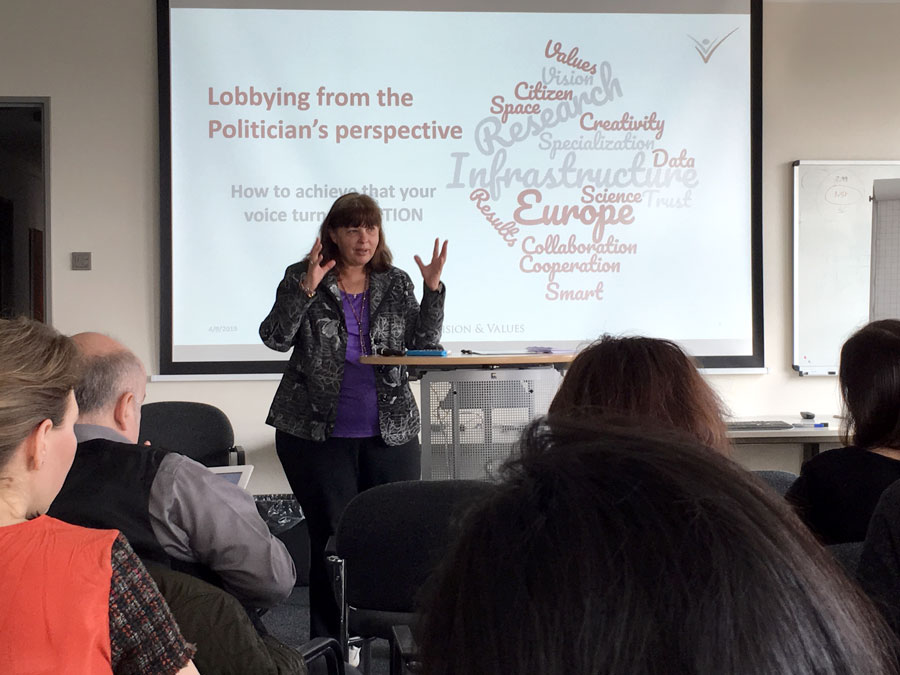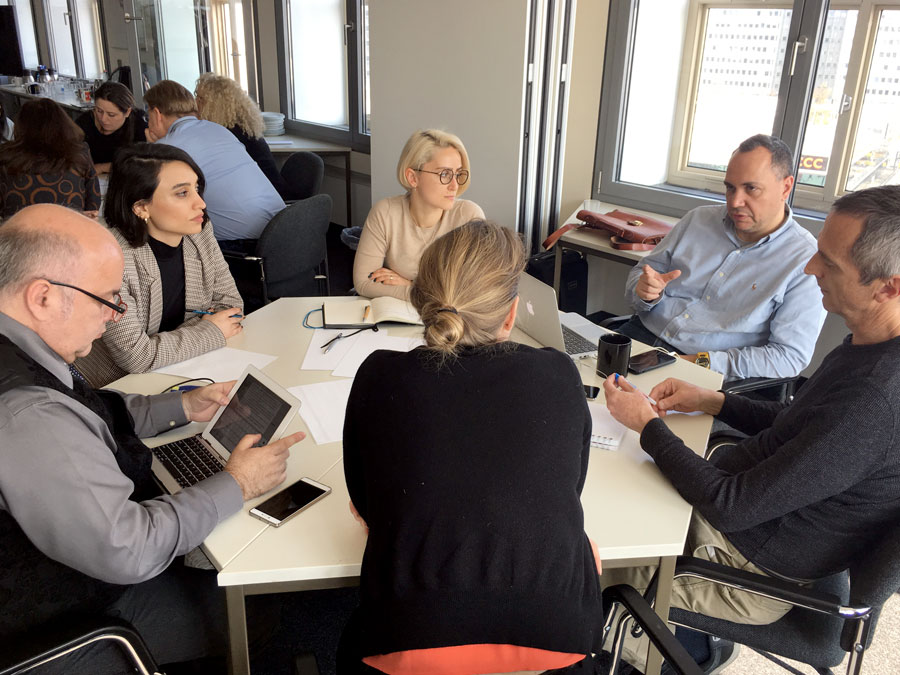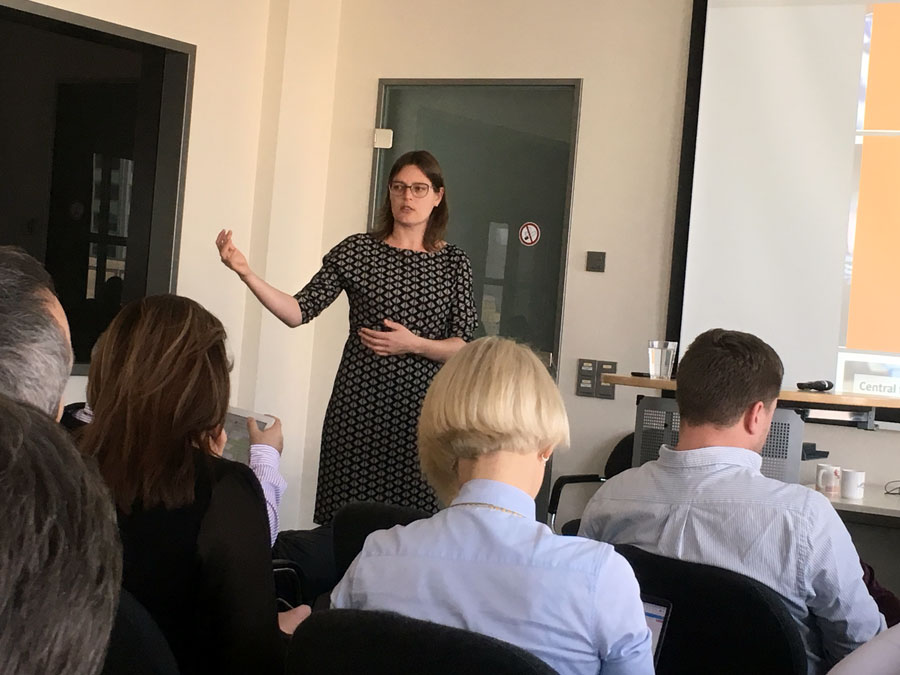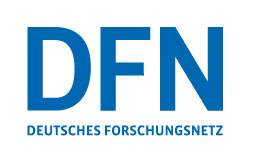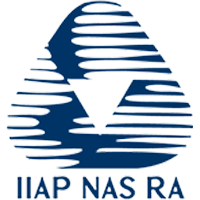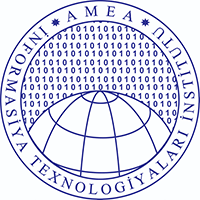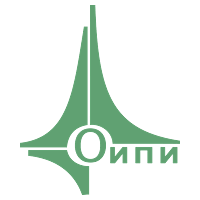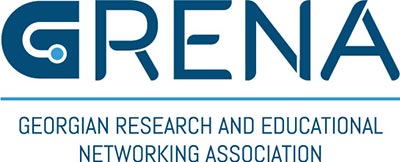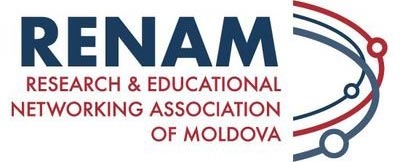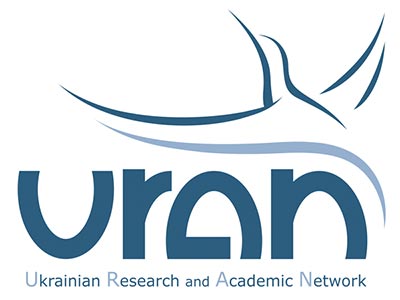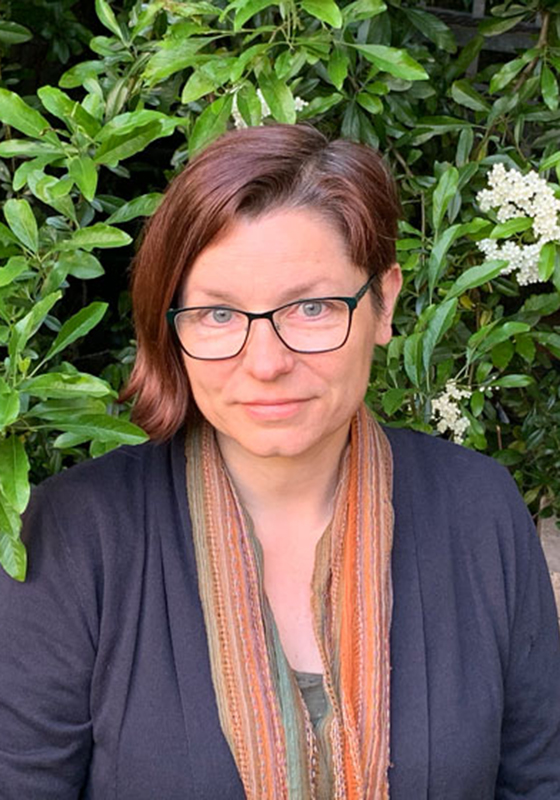Onions, cabbages and astroturf were surprising features of the Public Affairs workshop that was organised by the EaPConnect project within the GÉANT Community Programme. The event was hosted in Berlin by DFN on 8-9 April 2019.
Onion layers
 The multiple layers of onions formed a useful metaphor for two of the workshop speakers.
The multiple layers of onions formed a useful metaphor for two of the workshop speakers.
Edit Herczog, who is Senior EU Liaison officer at GÉANT, challenged participants to see Public Affairs from the perspective of the policy makers. From this perspective, NRENs have low visibility and little relevance, even though their work and networks support some of the EC’s priority areas as described in key documents. With the Commission work programme at the core and outer layers that include commissioner speeches, legislative texts and budget lines, this onion describes layers of opportunity for NRENs to achieve visibility and influence priorities for strategic planning that is made years in advance.
Whether or not you are able to influence the decisions of individual policy makers depends a lot on how you appeal to their behaviour as a person, advised Mechtild Bülow, who runs a well-known Public Affairs agency in Berlin. She talked about finding your way to the ‘onion’ of a person, where their moral compass or value system is at the core, with the outer layers including norms such as unwritten rules; systems they operate within such as family, work and society; and cultural aspects. This means choosing carefully who you approach and ensuring that you have done your homework to understand that person and adjust your arguments accordingly.
Don’t be a cabbage!
If NRENs want to distinguish themselves from all the other ‘cabbages’ that face policy makers as they choose priorities, they need to make themselves remarkable and memorable. This not only means raising visibility, but doing it in a way that resonates with the decision makers and their stated priorities. For example, NRENs should show how they support mobility or the reduction of brain drain, and learn to communicate their arguments in the language of politicians not of networkers.
Avoid astroturfing!
 ‘Astroturfing’ is the term for negative campaigning, when companies or governments pay someone to form objections to a position on a particular issue. In this age of social media, where campaigns appeal to the deep, emotional layers of people’s behaviour ‘onions’, opinions and judgements are quickly formed and fake information is hard to shake.
‘Astroturfing’ is the term for negative campaigning, when companies or governments pay someone to form objections to a position on a particular issue. In this age of social media, where campaigns appeal to the deep, emotional layers of people’s behaviour ‘onions’, opinions and judgements are quickly formed and fake information is hard to shake.
Allowing a dialogue partner to vent their emotional objections to your arguments and trying to find common ground will always be a more productive first step than immediately confronting them with facts. And of course, anticipating how counter-arguments could be made to undermine your case and preparing mitigating arguments is always a good idea.
Taking different perspectives
Ilse Koning of SURF and Martin Bech of DeiC presented their experiences of dealing with Public Affairs from an NREN perspective.
Ilse’s case study focused on lobbying for funding. Martin gave examples that encompassed what services the NREN may offer, what happens if universities want to leave the NREN, and how you can sometimes be lucky if an established relationship with government pays off. “If you want to win the lottery you have to spend money on a ticket,” he said. “NRENs need to set aside resources for interacting with government, or one day you’ll find there’s a problem that can make life very hard.”
Putting themselves into the shoes of policy makers and board members, as well as a fictional NREN, the workshop participants explored a number of questions around a detailed scenario. Working in small groups, they viewed the value of the NREN and the priority setting process from these differing perspectives and gave detailed reports back to the whole group.
Further information
The Public Affairs workshop was organised by the Eastern Partnership Connect (EaPConnect) project as part of its capacity-building series of workshops and in conjunction with the GÉANT Community Programme, which supports workshops as well as task forces, special interest groups and small projects.
Twenty-one people from 13 NRENs in Eastern Partnership (EaP) and EU countries participated in the workshop.


